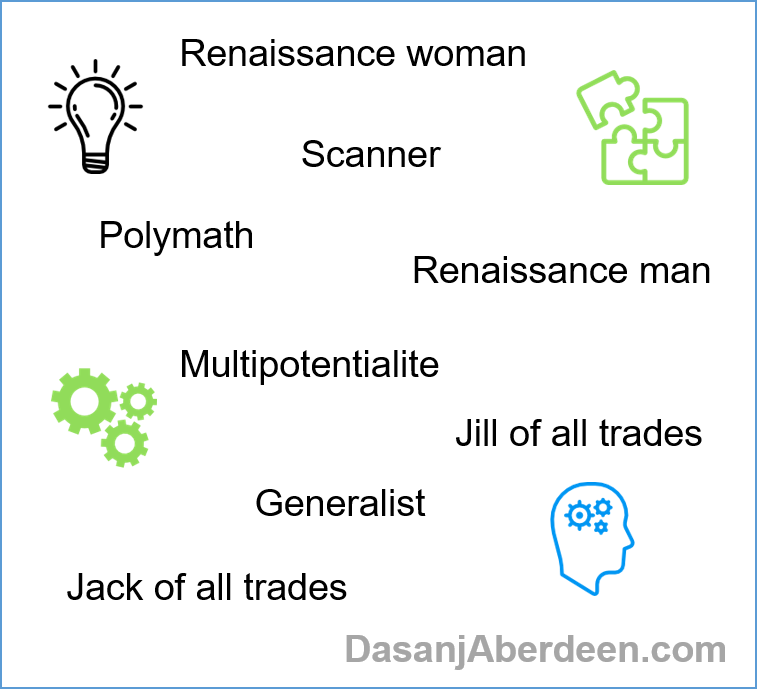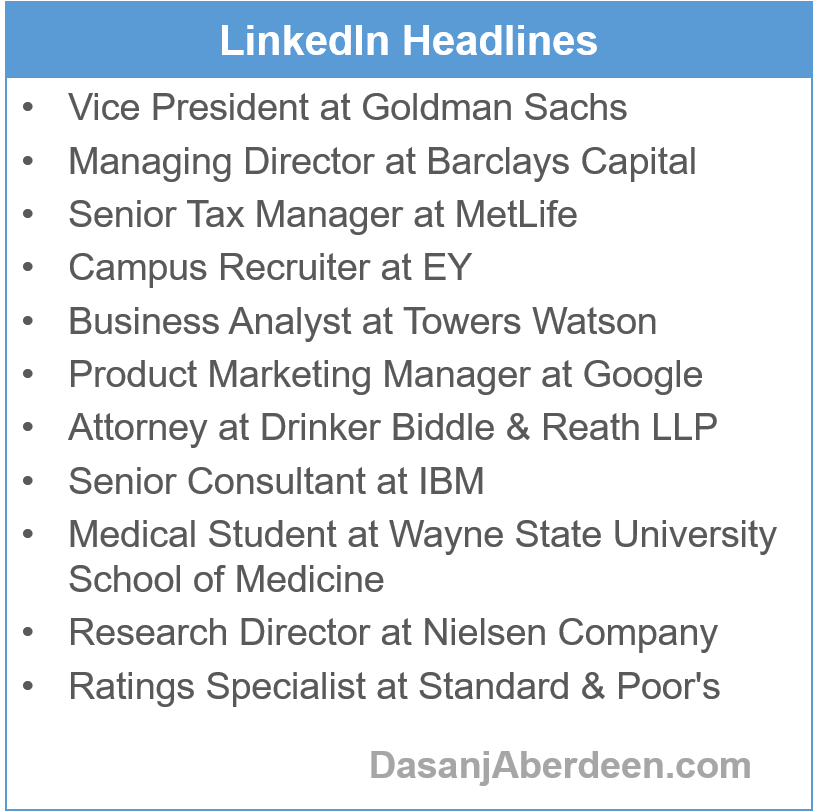I’ve had an eclectic mix of interests for as long as I can remember. Two key ones – business and art – always surprise people because they see them as opposites. I find it amusing; I know my interests are paradoxical and span my left and right brain. I’m also interested in technology, innovation, interior design, photography to name a few. Similarly, I move through life in an eclectic way. I’m risk averse but I enjoy motorcycle rides, I like comfort and luxuries but I really enjoy travel where I “rough it” while figuring out the new place on my own, and as much as I plan for tomorrow, I love activities that are spontaneous and adventurous.
I find that this mix of interests adds a lot more experiential opportunities in life. I can dive into a topic I find interesting and research it, follow my curiosities, change my thinking based on new information, and there’s always a new perspective to gain when I take on a new project. It makes me flexible, versatile, open to change and more well-rounded.
Naturally, my fascination with this ability to have and pursue multiple interests led me to research it. There are many others out there who also describe themselves as being this way. But in order to find them, I realize you need to know the different terminologies used to describe such individuals.
Here’s a summary of the key terms I’ve come across so far:
Renaissance man / woman. This one has a special place in my heart because my high school art teacher called me a “Renaissance woman.” I excelled in art along with all my other subjects. This term emerged during the The Renaissance which was a cultural movement that profoundly affected intellectual life. One key tenet of the Renaissance was that humans are limitless in their capacity for development, which led to the notion that people should embrace all knowledge and develop their capacities as fully as possible. The term “Renaissance man” was applied to the gifted people of that age who sought to develop their abilities in all areas of accomplishment: intellectual, artistic, social, and physical. Leonardo da Vinci has often been described as the archetype of the Renaissance man for his artistic and other contributions.
One key tenet of the Renaissance was that humans are limitless in their capacity for development, which led to the notion that people should embrace all knowledge and develop their capacities as fully as possible.
Here are a few other definitions:
- Dictionary.com:
- A cultured man of the Renaissance who was knowledgeable,educated, or proficient in a wide range of fields
- A present-day man who has acquired profound knowledge or proficiency in more than one field
- Merriam-Webster:
- A person who has wide interests and is expert in several areas
-
A man who is interested in and knows a lot about many things
These definitions are gender-specific but I will continue to use Renaissance man / woman as needed since I believe this description applies to both! 🙂
Scanner. This term was introduced by Barbara Sher, author of I Could Do Anything If I Only Knew What it Was and Refuse to Choose. According to Barbara in Refuse to Choose, “scanners love to read and write, to fix and invent things, to design projects and businesses, to cook and sing, and to create the perfect dinner party. (You’ll notice I didn’t use the word “or,” because Scanners don’t love to do one thing or the other, they love them all.)”
Multipotentialite. Multipotentiality is an educational and psychological term referring to the ability and preference of a person, particularly one of strong intellectual or artistic curiosity, to excel in two or more different fields. It also refers to an individual whose interests span multiple fields or areas, rather than being strong in just one. The term emerged in relevant research on giftedness. For example, in 1972, R.H. Frederickson et al. defined a multipotentialed person as someone who, “when provided with appropriate environments, can select and develop a number of competencies to a high level.” Most recently, Emilie Wapnick used the term “multipotentialite,” as a shared identity for her Puttylike community and in her book How to Be Everything.
Polymath. This word is of Greek origin where polymathēs means “having learned much” and describes a person whose expertise spans a significant number of different subject areas and is known to draw on complex bodies of knowledge to solve problems. Philosopher Johann von Wower published the first work with the word in the title (De Polymathia tractatio: integri operis de studiis veterum) and defined polymathy as “knowledge of various matters, drawn from all kinds of studies . . . ranging freely through all the fields of the disciplines, as far as the human mind, with unwearied industry, is able to pursue them.”
Polymathēs means “having learned much” and describes a person whose expertise spans a significant number of different subject areas and is known to draw on complex bodies of knowledge to solve problems.
******************************
Are you someone with multiple interests and intellectual pursuits? How do you describe yourself and your interest in multiple areas? Do you use terms other than the ones above? Share them below! I’d love to hear your perspective!
Dasanj Aberdeen is an entrepreneurial spirit who embodies the combination of left-brain logic and right-brain creativity. She is a consultant and proponent of multidisciplinary education, approaches and pursuits. She writes about their benefits in modern times and integrating multiple interests into a sustainable and fulfilling lifestyle. She’s a graduate of The Wharton School of the University of Pennsylvania and Temple University with a concentration in Technology & Innovation Management, jointly delivered by the Fox School of Business and College of Engineering.








